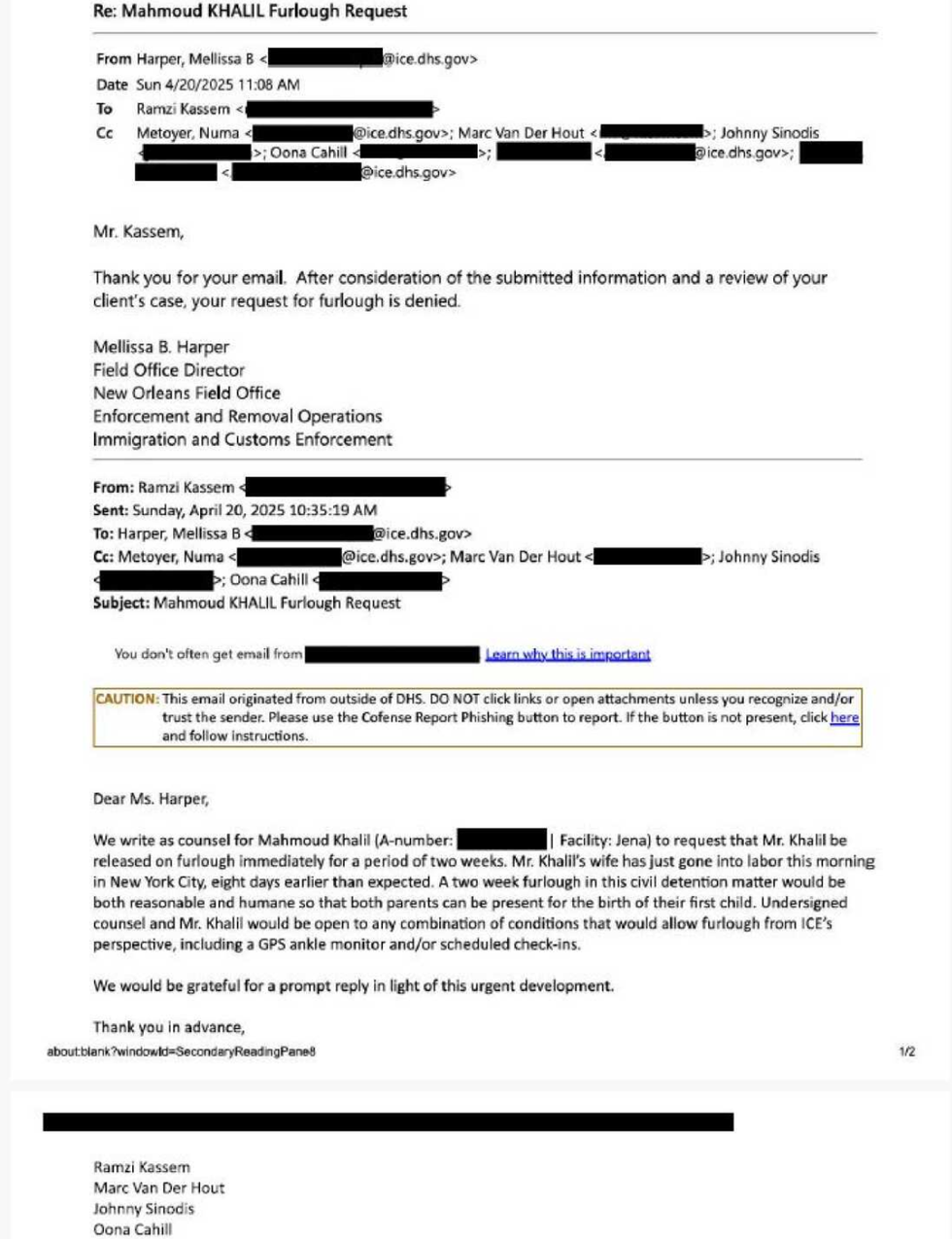"Research that the government has put in jeopardy includes efforts to improve the prospects of children who survive cancer."
"The consequences of the government's overreach will be severe and long-lasting," Garber explained. "Research that the government has put in jeopardy includes efforts to improve the prospects of children who survive cancer, to understand at the molecular level how cancer spreads throughout the body, to predict the spread of infectious disease outbreaks, and to ease the pain of soldiers wounded on the battlefield."
"As opportunities to reduce the risk of multiple sclerosis, Alzheimer's disease, and Parkinson's disease are on the horizon, the government is slamming on the brakes," he continued. "The victims will be future patients and their loved ones who will suffer the heartbreak of illnesses that might have been prevented or treated more effectively. Indiscriminately slashing medical, scientific, and technological research undermines the nation's ability to save American lives, foster American success, and maintain America's position as a global leader in innovation."
Noting the Trump administration's attempt to justify funding cuts by citing Harvard's response to discrimiation against Jewish people, Garber said that "as a Jew and as an American, I know very well that there are valid concerns about rising antisemitism," and pledged to "fight hate with the urgency it demands as we fully comply with our obligations under the law." He also promised to soon release task force reports about combating antisemitism and Islamophobia on campus.
The university president's lengthy message included a link to the 51-page complaint, filed in a federal court in Boston, Massachusetts. The defendants are the General Services Administration, National Aeronautics and Space Administration, National Institutes of Health, National Science Foundation, and the departments of Defense, Education, Energy, Health and Human Services, and Justice, along with the leaders of those agencies.
Like Garber's statement, the complaint highlights the sweeping impacts of "the government's efforts to use the withholding of federal funding as leverage to gain control of academic decision-making at Harvard" and other higher education institutions.
"Defendants' actions threaten Harvard's academic independence and place at risk critical lifesaving and pathbreaking research that occurs on its campus," the filing states. "And they are part of a broader effort by the government to punish Harvard for protecting its constitutional rights."
"The government's actions flout not just the First Amendment, but also federal laws and regulations," the complaint argues, asking the court "to enjoin defendants from exceeding the bounds of their legal authority and to protect Harvard's constitutional rights."
The Harvard Crimson, the campus newspaper, noted that the university "will be represented by Robert K. Hur '95 and William A. Burck, both lawyers with deep ties to President Donald Trump. Hur was appointed to the United States Department of Justice by Trump in his first term, and Burck has served as counsel for the Trump Organization. Lawyers affiliated with law firms Ropes & Gray and Lehtosky Keller Cohn will also represent Harvard, according to the lawsuit."
The Ivy League university's suit was filed the same day that a coalition of 75 groups, led by the Leadership Conference on Civil and Human Rights,
responded to Trump's attacks on nonprofits by launching "The Pact: A Civil Rights Coalition Unity Commitment."
"We have witnessed outrageous attacks on our work," the coalition's pact states, citing investigations of nonprofits, terminated grants, law firms fearing retribution, threats to revoke tax-exempt status, and the weaponization of civil rights laws. "We will not be divided. We will not be intimidated into silence or abandoning our communities."




